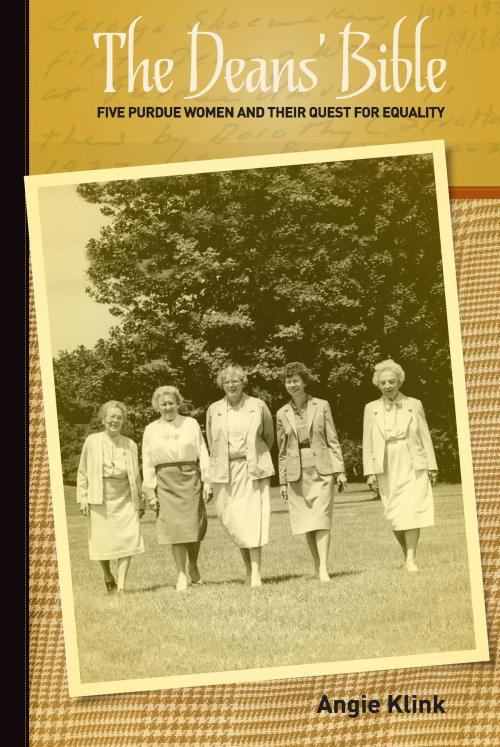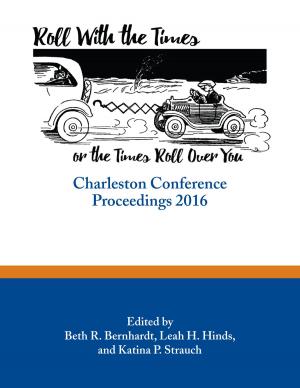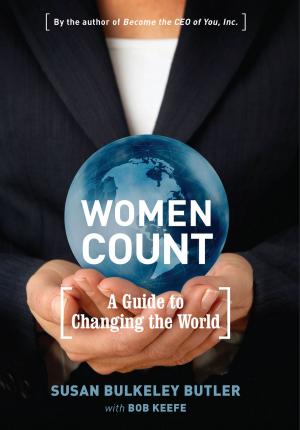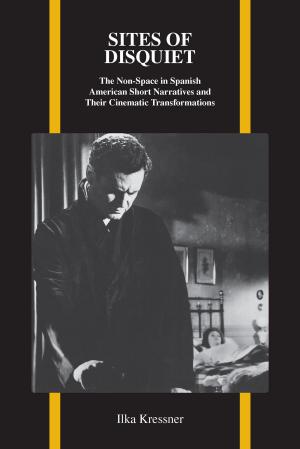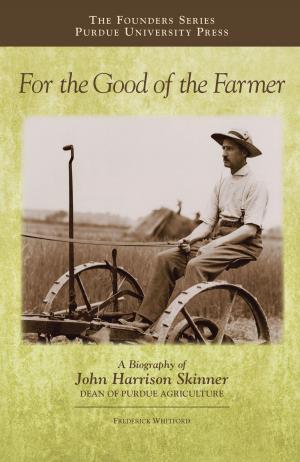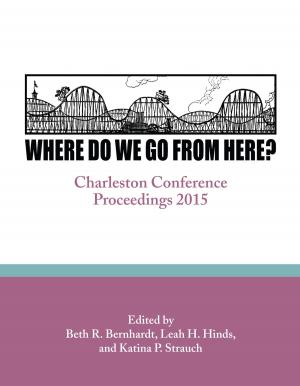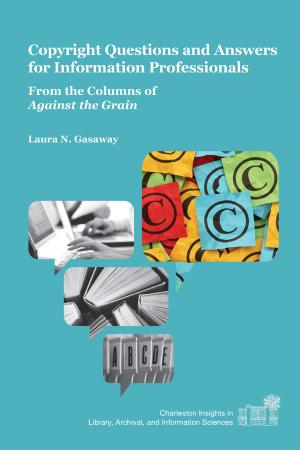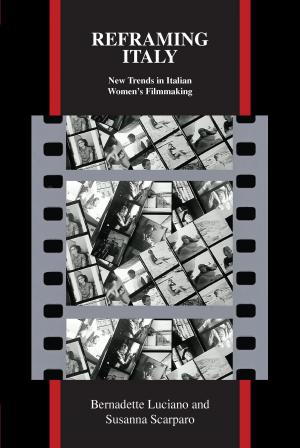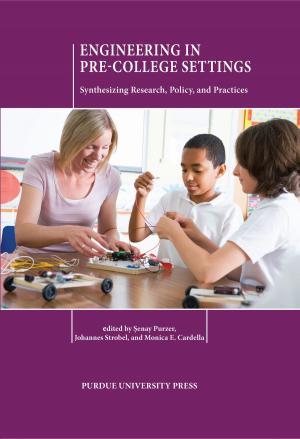The Deans' Bible
Five Purdue Women and Their Quest for Equality
Nonfiction, Reference & Language, Education & Teaching, History, Americas, United States| Author: | Angie Klink | ISBN: | 9781612493268 |
| Publisher: | Purdue University Press | Publication: | March 15, 2014 |
| Imprint: | Purdue University Press | Language: | English |
| Author: | Angie Klink |
| ISBN: | 9781612493268 |
| Publisher: | Purdue University Press |
| Publication: | March 15, 2014 |
| Imprint: | Purdue University Press |
| Language: | English |
Five women successively nurtured students on the Purdue University campus in Americas heartland during the 1930s to 1990s. Each became a legendary dean of women or dean of students. Collectively, they wove a sisterhood of mutual support in their common—sometimes thwarted—pursuit of shared human rights and equality for all. Dorothy C. Stratton, Helen B. Schleman, M. Beverley Stone, Barbara I. Cook, and Betty M. Nelson opened new avenues for women and became conduits for change, fostering opportunities for all people. They were loved by students and revered by colleagues. The women also were respected throughout the United States as founding leaders of the Coast Guard Womens Reserve (SPARs), frontrunners in the National Association of Women Deans and Counselors, and pivotal members of presidential committees in the Kennedy and Nixon administrations. The Deans Bible sheds light on cultural change in America, exploring how each of the deans participated nationally in the quest for equality. As each woman succeeded the other, they knitted their bond with a secret symbol—a Bible. The Bible was handed down from dean to dean with favorite passages marked. The word “bible” is often used in connection with reference works or “guidebooks.” The Deans Bible is just that, brimming with stories of courageous women who led by example and lived their convictions.
Five women successively nurtured students on the Purdue University campus in Americas heartland during the 1930s to 1990s. Each became a legendary dean of women or dean of students. Collectively, they wove a sisterhood of mutual support in their common—sometimes thwarted—pursuit of shared human rights and equality for all. Dorothy C. Stratton, Helen B. Schleman, M. Beverley Stone, Barbara I. Cook, and Betty M. Nelson opened new avenues for women and became conduits for change, fostering opportunities for all people. They were loved by students and revered by colleagues. The women also were respected throughout the United States as founding leaders of the Coast Guard Womens Reserve (SPARs), frontrunners in the National Association of Women Deans and Counselors, and pivotal members of presidential committees in the Kennedy and Nixon administrations. The Deans Bible sheds light on cultural change in America, exploring how each of the deans participated nationally in the quest for equality. As each woman succeeded the other, they knitted their bond with a secret symbol—a Bible. The Bible was handed down from dean to dean with favorite passages marked. The word “bible” is often used in connection with reference works or “guidebooks.” The Deans Bible is just that, brimming with stories of courageous women who led by example and lived their convictions.
